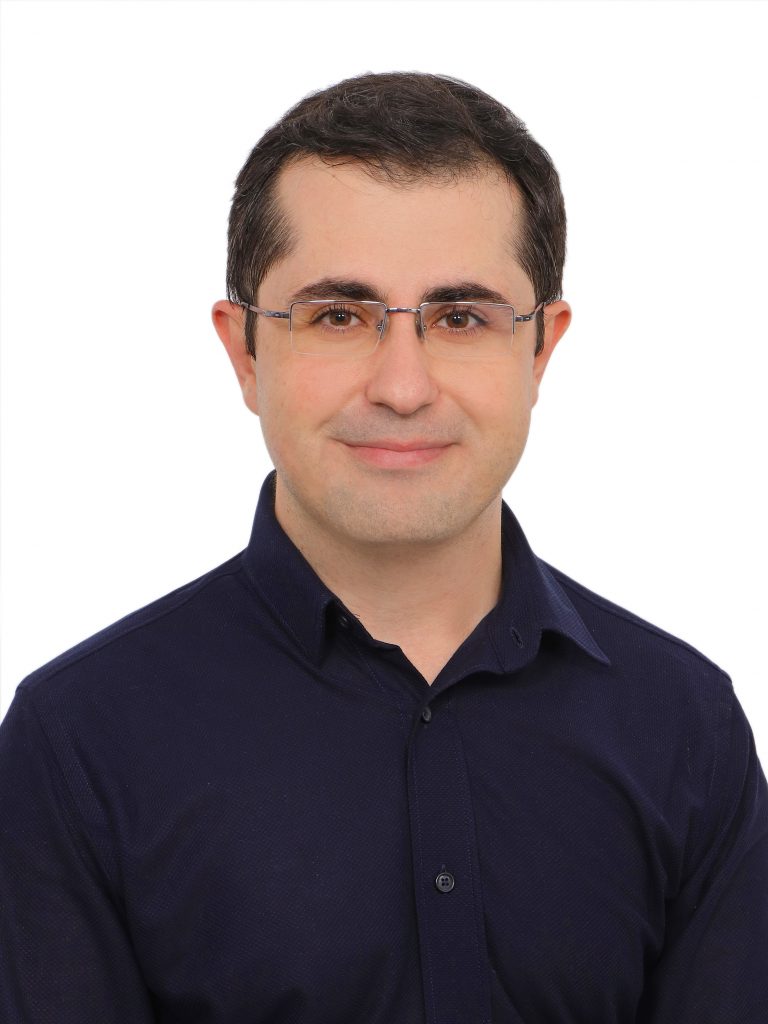Dr. Sayın has joined the EEE Department as Assistant Professor in September 2021. His research interests are in game theory, decision theory, and networks with a specific focus on dynamic systems.

Prior to joining Bilkent EEE as a faculty member, Dr. Muhammed Ömer Sayın was a postdoctoral associate in the Laboratory for Information and Decision Systems (LIDS) at Massachusetts Institute of Technology (MIT). He received his B.S. and M.S. degrees in Electrical Engineering from Bilkent University, and his Ph.D. degree from the University of Illinois at Urbana-Champaign (UIUC). During his postdoctoral study, he has worked on the theory of learning in dynamic games and multi-agent reinforcement learning. In his Ph.D., he had worked on strategic information transmission in non-cooperative communication and control systems for security and privacy applications. One of his works has been the runner-up of the 2019 IEEE Transactions on Networks and Science Engineering Best Paper Award. He co-authored two chapters in edited volumes “Game Theory and Machine Learning for Cyber Security” published at IEEE-Press in 2021 and “Safety, Security and Privacy for Cyber-Physical Systems” published at Springer in 2021. He has served as a referee on various journals, conferences, grant proposals, and books. He gave several workshops and seminar talks. Recently, he has been co-organizing the Games, Decisions and Networks Seminar Series with the mission of bringing together researchers working on foundations and applications of game theory, decision theory, and networks from control, computer science, economics, and operations research. Besides his work at UIUC, he also had experience in industry research with two internships at Toyota Info-Tech Labs, Mountain View CA. He had conducted research on security and reliability problems in intelligent transportation systems and had one U.S. patent on “Managing roadway intersections for vehicles”.
In his research, Dr. Sayın focuses challenges on sociotechnical systems where humans and/or human-like intelligence can engage with each other. Therefore, his research has an interdisciplinary characteristic bringing concepts from Control, Computer Science, Economics, and Operations Research together. Particularly, his research focuses on addressing new societal challenges arising at the edge of the digital transformation from human labor to human-like artificial intelligence in complex tasks. Examples include automated warehouses, medical and industrial robots, urban traffic control with autonomous or semi-autonomous vehicles, and smart infrastructures. Challenges include uncertainty due to inadequate model of the environment, scalability due to the computational burden of coordinating multiple intelligent systems, nonstationarity induced by the evolving decisions of the systems, and sequential decision-making due to continuing interactions among them. Hence, the overarching goal of his research is to develop the theoretical and algorithmic foundation of learning and autonomy in complex and dynamic systems and address these challenges with systematic guarantees. His research also uses the control power of game theory to design mechanisms that can control the behavior of intelligent decision-makers either by creating external incentives or by shaping their information structure.